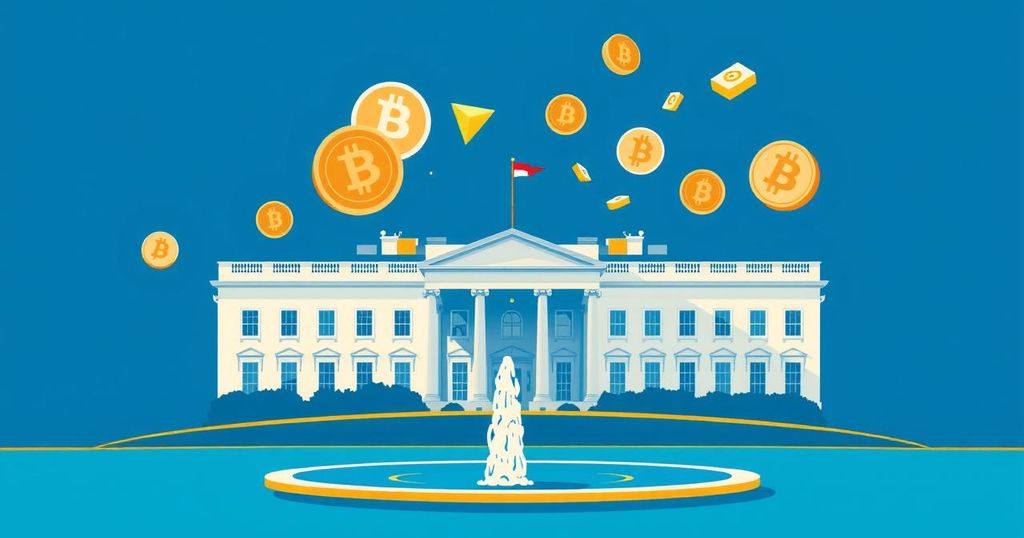Federal Reserve Loosens Crypto Regulations for Banks, Sparking Debate
The Federal Reserve has removed four crypto-asset advisories that mandated banks to seek prior approval for crypto activities, reflecting a shift towards a more relaxed regulatory environment. This decision aligns with requests from Republican lawmakers who argued such regulations limited innovation in digital assets. Normal Fed supervisory processes will now oversee these activities.
In a significant shift, the Federal Reserve has withdrawn four advisories related to crypto-assets, which previously required banks to seek prior approval from the Fed for their activities in this burgeoning sector. Interestingly, the Office of the Comptroller of the Currency (OCC) and the Federal Deposit Insurance Corporation (FDIC) had already scrapped similar permissions. This decision seems to respond to pressure from Republican members of the U.S. House Financial Services Committee, who argued that such requirements hindered banks from engaging with cutting-edge distributed ledger technology (DLT).
The shift in oversight now falls back to standard supervisory processes at the Fed, without the need for prior notification or non-objection letters. According to the Fed’s statement, they will collaborate with other agencies, including the FDIC and OCC, to determine if additional guidance is needed to support innovation in crypto-assets. This momentous decision points towards a more progressive regulatory stance as the landscape for digital currencies continues to evolve.
The specific advisories that were revoked included one from 2022, mandating that banks alert the Fed before diving into digital asset activities, and a 2023 letter that established a supervisory non-objection process specifically for state member banks dealing with DLT-based tokens. Additionally, the withdrawal included two joint letters from 2023 that sent a more cautionary message, likely rooted in the tumultuous events following the collapse of the Terra algorithmic stablecoin back in 2022, which triggered significant fund withdrawals at Silvergate Bank, igniting regulatory concerns.
In the wake of these letters, the collapse of Silicon Valley Bank occurred – although it was not directly tied to cryptocurrencies. However, speculation arose regarding the failure of Signature Bank, suggesting it was partially connected to crypto ventures, a claim that bank officials have contested. As the Federal Reserve contemplates its approach, it is vital to watch how other regulatory bodies, like the CFTC and SEC, adapt under the newly elected Trump administration, as these entities have been taking notably different positions on crypto regulation. While the SEC’s aggressive posture under President Biden raised eyebrows, there remains unease among critics who worry that the recently adopted approaches might be too lenient, particularly regarding meme coins, which have seen a surge in unregulated activities.




Post Comment